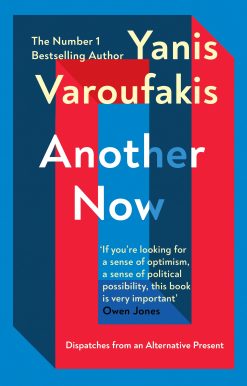The Price of Fish: A New Approach to Wicked Economics and Better Decisions
14.99 JOD
Please allow 2 – 5 weeks for delivery of this item
Add to Gift RegistryOnly logged in customers who have purchased this product may leave a review.
Description
Additional information
| Weight | 0.336 kg |
|---|---|
| Dimensions | 2.8 × 13.4 × 21.4 cm |
| Format | |
| language1 | |
| Pages | 336 |
| Publisher | |
| Year Published | 2014-9-11 |
| Imprint | |
| Publication City/Country | London, United Kingdom |
| ISBN 10 | 1857886224 |
| About The Author | Educated at Harvard, Michael Mainelli is Commerce Professor Emeritus and Fellow at Gresham College (founding home of the Royal Society and former home to Christopher Wren). He is also Visiting Professor at LSE and was responsible for creating the London Accord the world's leading research cooperative into environmental, social and governance investment. He is the co-founder of Z/Yen, the City of London's leading commercial think-tank established in 1994 to promote societal advance through better finance and technology. Over the course of his career, he has worked in economics, political science, seismology, cartography, energy information, research and development, in defense and at the highest level of accountancy.Ian Harris is a co-founder of Z/Yen, having previously conceived and launched the award-winning joint venture Charity Share and guided the Marine Stewardship Council towards a Best Practice award for its strategic planning and governance, as well as working to solve other problems of long-term thinking in charities and other non-governmental organizations. |
In this thought-provoking and enlightening book, Mainelli and Harris highlight a point that economists too often forget: that economics is, at its heart, the study of human behaviour, and that both commerce and its wicked sister, finance, mean nothing unless they are connected to people and society. |
|
| Other text | In The Price of Fish, Michael Mainelli and Ian Harris examine in a unique way the world s most abiding and wicked problems are characterized by a set of messy, circular, aggressive and peculiarly long-term problems and go on to suggest that it is not the circumstances that are too complex, but our way of reading them that is too simple. |





Reviews
There are no reviews yet.